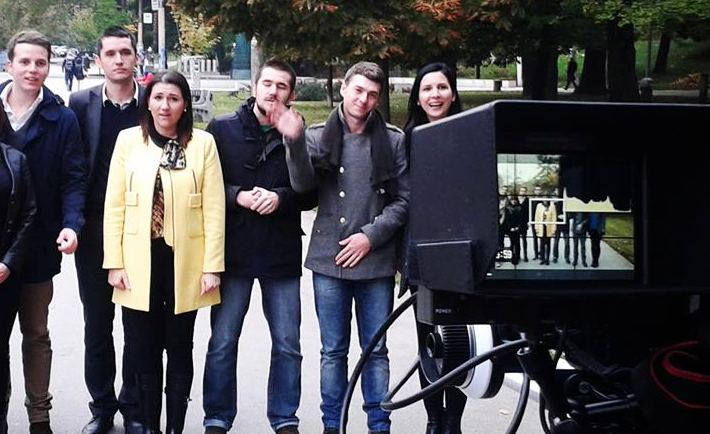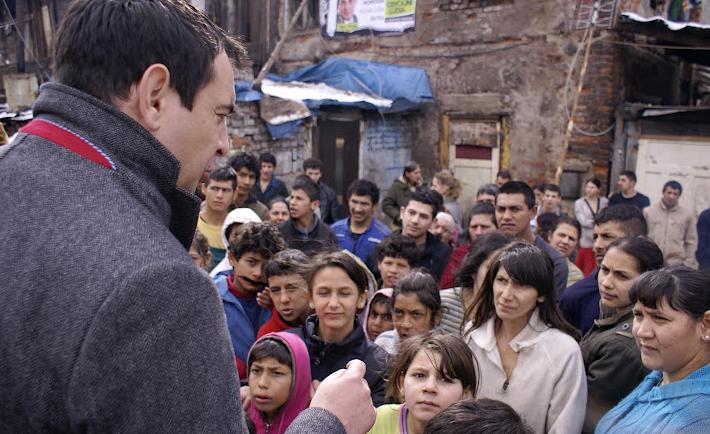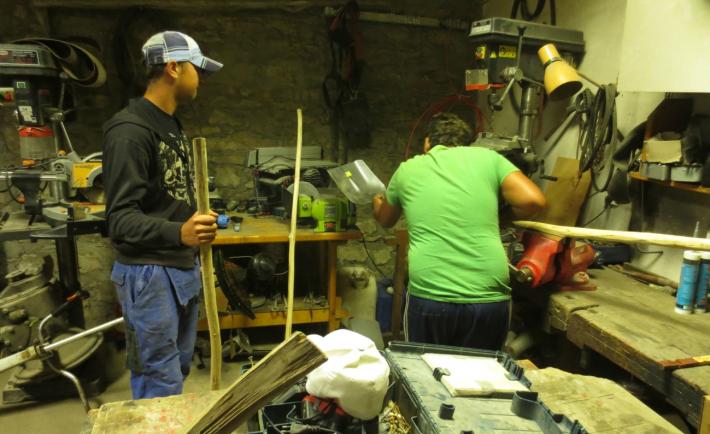
Two Roma employed by the municipal enterprise in Spissky Hrhov, Slovakia, show that the “whole community” approach to democracy and human rights begins at the local level
Like other small towns in this mountainous region of Slovakia, Spissky Hrhov faced tremendous uncertainty in the aftermath of the democratic revolution of 1989 and Slovak independence in 1993. People rejoiced in the overthrow of communism. But with a moribund economic base, no evident means to attract investment, and ethnic divisions, Spissky Hrhov seemed consigned to economic subsistence and social conflict.
For Spissky Hrhov’s sizable number of Roma residents, the situation was particularly dire.

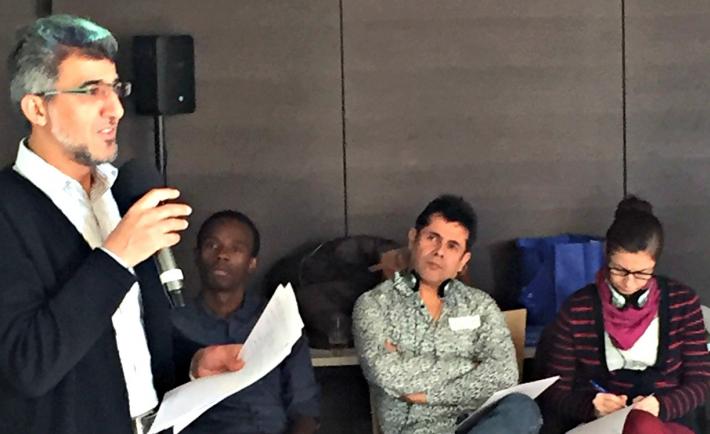
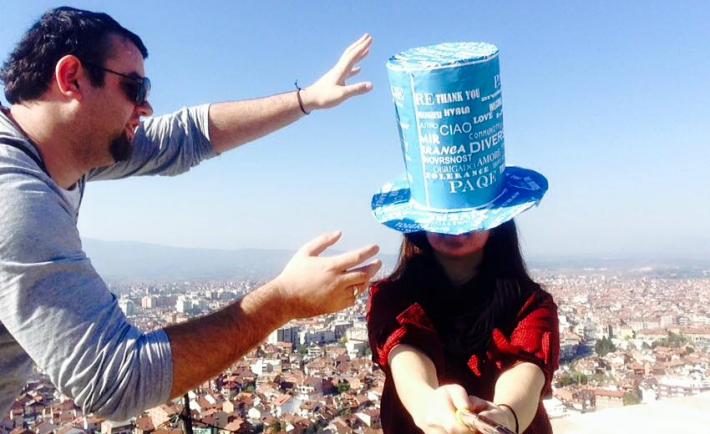
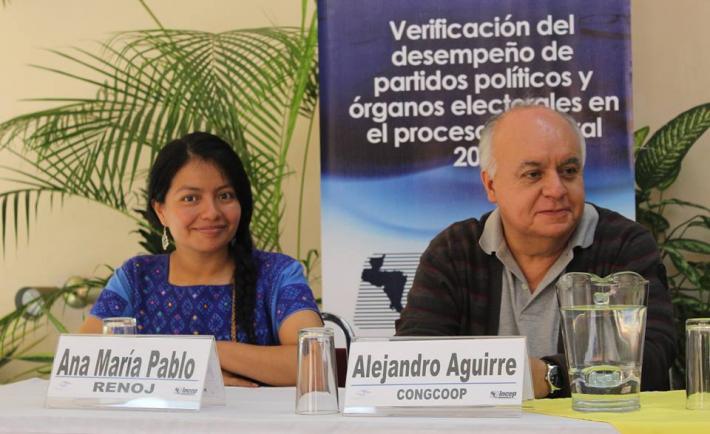
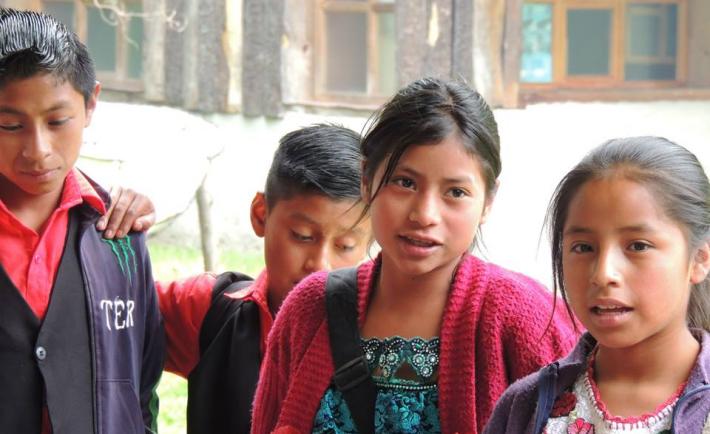
_1_1.jpg)
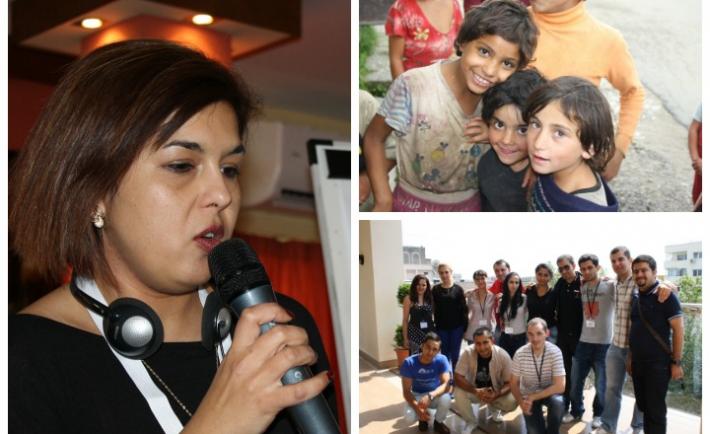
_2.jpg)
